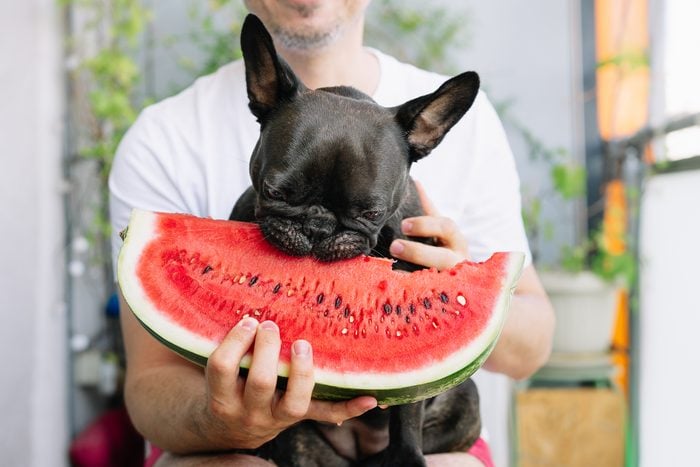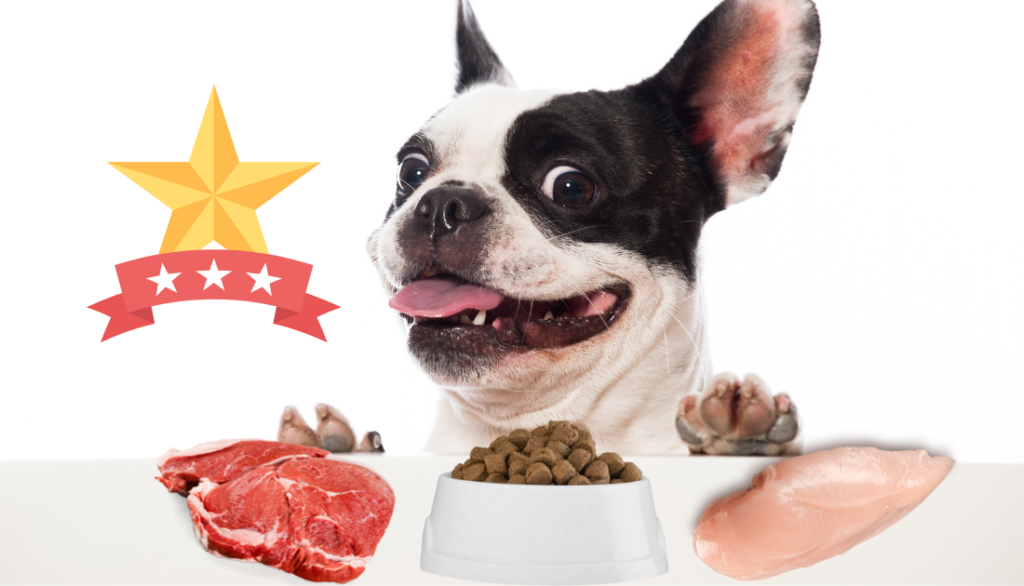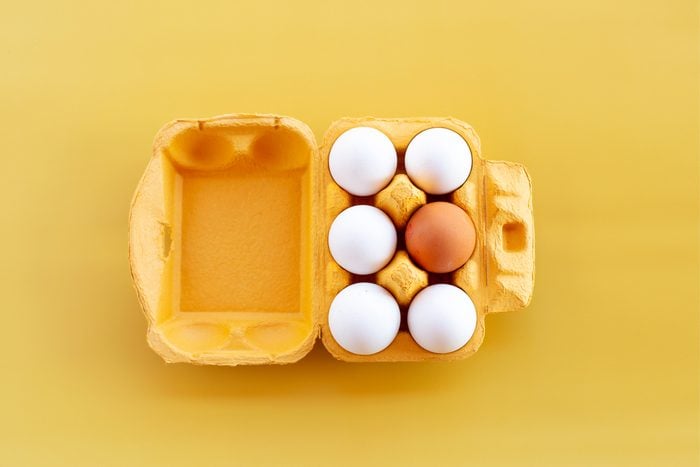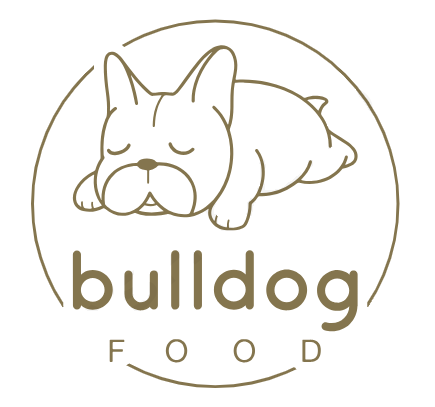
Introduction
Owning a French Bulldog comes with the responsibility of understanding their unique dietary needs. This guide aims to help French Bulldog owners make informed decisions about what foods are safe and beneficial for their pets, ensuring a happy and healthy life for their four-legged friends. It provides essential insights into what can French Bulldogs eat , offering comprehensive advice on nutrition tailored specifically to this breed.
Understanding the Nutritional Needs of French Bulldogs
French Bulldogs, like all dogs, require a balanced diet to maintain optimal health. A well-rounded diet should include proteins, fats, carbohydrates, vitamins, and minerals. Proteins are essential for muscle development and repair, and they should come from high-quality sources such as chicken, beef, or fish. Fats support skin and coat health and provide a concentrated source of energy. Healthy fats can be sourced from fish oil or flaxseed oil. Carbohydrates are necessary for providing energy and supporting digestion; good sources include brown rice, sweet potatoes, and oats.
It’s important to note that French Bulldogs are prone to allergies and digestive issues, so it’s beneficial to monitor their response to different foods. Owners should avoid feeding them foods that commonly trigger allergies, such as corn, soy, and wheat. Additionally, due to their brachycephalic (short-nosed) structure, French Bulldogs can struggle with respiratory issues, which can be exacerbated by obesity. Therefore, portion control and regular exercise are crucial.
Hydration is another key aspect of a French Bulldog’s diet. Always ensure they have access to fresh water to prevent dehydration, which can lead to serious health problems. Vitamins and minerals are also crucial, and these can typically be obtained from a balanced commercial dog food, but supplements may be necessary in some cases. Regular veterinary check-ups can help tailor the diet to meet the individual needs of your French Bulldog.
Understanding these nutritional needs will help you provide the best care for your French Bulldog, promoting a long, healthy, and active life.
What can French Bulldogs eat
1. Poultry such as chicken, duck and lamb (remove bones and excess fat)

Nutritional benefits:
- Protein: Poultry is a source of high-quality protein that helps develop muscles and maintain the health of the muscular system.
- Vitamin B: Provides B vitamins such as B12, B6, and niacin, which support cell and nervous system function.
- Iron: Helps provide oxygen to cells and supports blood formation.
Providing energy and nutrients:
- Energy: Poultry provides the energy needed to function daily and maintain general health.
- Protein: A useful source of protein that helps improve the muscles and general health of the French Bulldog.
- Fat: Removing excess fat helps maintain ideal weight and avoid being overweight.
2. Safe vegetables such as carrots, green beans and sweet potatoes (cooked or steamed)
Nutritional benefits:
- Fiber: Helps improve digestion and maintain bowel function.
- Vitamins and minerals: Provides vitamins such as A, C, K and minerals such as potassium, manganese, and magnesium, promoting general health.
- Antioxidants: Found in fruits like strawberries and blueberries, help protect cells from damage and aging.
Providing energy and nutrients:
- Carbohydrates: Vegetables and fruits provide easily digestible carbohydrates, providing energy for daily activities.
- Vitamins and minerals: Improve the immune system, support cell and internal organ function.
- Fiber: Supports digestion and maintains intestinal health.
3. Fish such as salmon and tuna (cooked)
Nutritional benefits:
- Omega-3: Provides omega-3 fatty acids, which help improve cardiovascular health and support brain development.
- Protein: An easily digestible source of protein that helps improve muscles and general health.
- Vitamin D: Supports the absorption of calcium and phosphorus, helping maintain bone and teeth health.
Providing energy and nutrients:
- Energy: Fish provides small amounts of fat and protein, helping maintain ideal weight and providing energy for daily activities.
- Omega-3: Supports the development of the brain and nervous system, improves intelligence and learning.
- Protein: Supports the French Bulldog’s muscles and general health.
4. Fruits like apples (seeds removed), bananas, strawberries and blueberries (bonus)

Nutritional benefits:
- Vitamins and minerals: Provides vitamins such as A, C, K and minerals such as potassium, magnesium, and manganese, which help strengthen the immune system and maintain general health.
- Antioxidants: Found in strawberries and blueberries, help protect cells from damage and aging.
Providing energy and nutrients:
- Carbohydrates: Fruits provide easily digestible carbohydrates, providing energy for daily activities.
- Fiber: Supports digestion and maintains intestinal health.
5. Unsweetened yogurt and cheese (in small amounts)
Nutritional benefits:
- Calcium: Supports bone and tooth development, helping maintain bone health for French Bulldogs.
- Protein: An easily digestible source of protein, supporting muscles and general health.
- Probiotics: Found in yogurt, helps balance beneficial bacteria in the intestinal tract and supports digestion.
Providing energy and nutrients:
- Energy: Small amounts of fat and protein from yogurt and cheese can provide French Bulldogs with energy.
- Calcium: Supports bone and tooth development, helps maintain bone and teeth health.
6. Eggs: boiled chicken eggs (extra)

Nutritional benefits:
- Protein: Eggs are a source of high-quality protein, which helps improve muscles and general health.
- Vitamins and minerals: Provides vitamins such as A, B12, D and minerals such as iron and selenium, supporting cell function and the immune system.
Providing energy and nutrients:
- Energy: Eggs provide a large amount of protein and a small amount of fat, providing energy for the French Bulldog’s daily activities.
- Healthy fats: Eggs provide healthy fats that help maintain skin and coat health.
Advice on Food Selection and Daily Intake
Choosing daily food for your French Bulldog requires adhering to some basic principles to ensure they have a balanced and healthy diet:
- High-Quality Food : Choose high-quality food with balanced ingredients, containing adequate protein, fats, carbohydrates, vitamins, and minerals necessary for your dog’s health.
- Portion Control : Follow your veterinarian’s guidelines on the appropriate amount of food for your French Bulldog’s weight and activity level. Avoid overfeeding or underfeeding.
- Meal Distribution : Divide the food into 2-3 small meals throughout the day instead of feeding one large meal. This helps reduce the risk of digestive upset and aids in better nutrient absorption.
- Avoid Harmful Foods : Limit or avoid feeding your dog foods that contain sugar, preservatives, and unhealthy additives. Some foods like chocolate, grapes, coffee, garlic, and onions are harmful to dogs.
- Provide Clean Water : Always ensure your French Bulldog has access to clean water for drinking. Maintaining hydration is crucial for their health.
- Small Treats : Use small and healthy treats such as vegetables or skinless, boneless chicken pieces to motivate and reinforce good behavior.
- Monitor Health : Keep an eye on your dog’s growth and health. If there are any signs of health issues or instability after changing their diet, consult with a veterinarian.
Remember, each dog’s nutritional needs may vary, so discussing with a veterinarian is important to ensure the best diet for your French Bulldog.
Frequently Asked Questions
Q : Can French Bulldogs Eat Fruits?
A : Yes, many fruits are safe for French Bulldogs to eat in moderation. Examples include apples (without seeds), bananas, blueberries, and strawberries.
Q : How much should a French Bulldog eat?
A : How much should a French Bulldog eat ? The amount varies based on factors like age, weight, activity level, and metabolism. Typically, adult French Bulldogs need about 25-30 calories per pound of body weight per day, divided into two or three meals.
Q : How much to feed a French Bulldog puppy?
A : How much to feed a French Bulldog puppy ? The feeding regimen depends on their age and weight. Typically, puppies require more frequent feeding than adults, with portion sizes adjusted according to their growth and activity level. A general rule is to offer them 3-4 meals a day, following the guidance provided by the puppy food packaging or your veterinarian.
Q : Can Frenchies have carrots?
Conclusion
Providing high-quality, nutritionally rich food is crucial for the overall health of French Bulldog. By including nutrient-dense foods in their diet, you can help enhance their health, prevent common diseases, and ensure they lead a happy and active life. Nutrients such as olive oil, flaxseed oil, and synthetic vitamins play important roles in maintaining organ health, skin, and a shiny coat.
Food choices should include poultry such as chicken and duck, along with fish like salmon and tuna to provide protein and omega-3 fatty acids, two essential factors for muscle development and cardiovascular health. Vegetables and fruits such as carrots, green beans, and sweet potatoes can provide fiber, vitamins, and antioxidants to support digestion and boost the immune system. Fruits like apples, bananas, strawberries, and blueberries not only add vitamins and antioxidants but also provide a natural, healthy source of energy for dogs.
Supplementary foods like unsweetened yogurt and cheese provide calcium and probiotics to strengthen bones and improve digestion. Hard-boiled eggs are also a source of protein and important fatty acids, vitamins essential for muscle development and maintaining vitality in dogs.
Finally, it’s important to remember that each dog has unique nutritional needs based on age, weight, and activity level. For ” what can French Bulldogs eat ” refer to the appropriate food types and nutrients provided above. Remember to consult with a veterinarian before making any major changes to a dog’s diet to ensure all nutritional needs are met.

At bestfoodforfrenchbulldog.net, Frenchie Feast Co is dedicated to providing the best information and advice on nutrition and food for French Bulldogs. We understand that every dog has unique nutritional needs, especially breeds like the French Bulldog. Therefore, we continually research and seek out optimal nutritional solutions.
CEO Lincoln Martin is not only the founder of BestDogFoodForDachshunds.net but also a proud Dachshund parent. With a deep understanding of the unique dietary needs of Dachshunds, Lincoln Martin is committed to helping fellow dog owners make informed decisions about their pets’ nutrition.
Driven by a love for animals and a desire to share valuable insights, our team works tirelessly to research and curate the most reliable and up-to-date information on dog food, health, and care. From reviewing the latest products to offering practical tips and advice, we strive to be your trusted source for everything Dachshund-related.
Whether you’re a new Dachshund owner or a seasoned enthusiast, you can trust the expertise and dedication of the team at BestDogFoodForDachshunds.net to support you on your journey of providing the best care for your furry friend.
